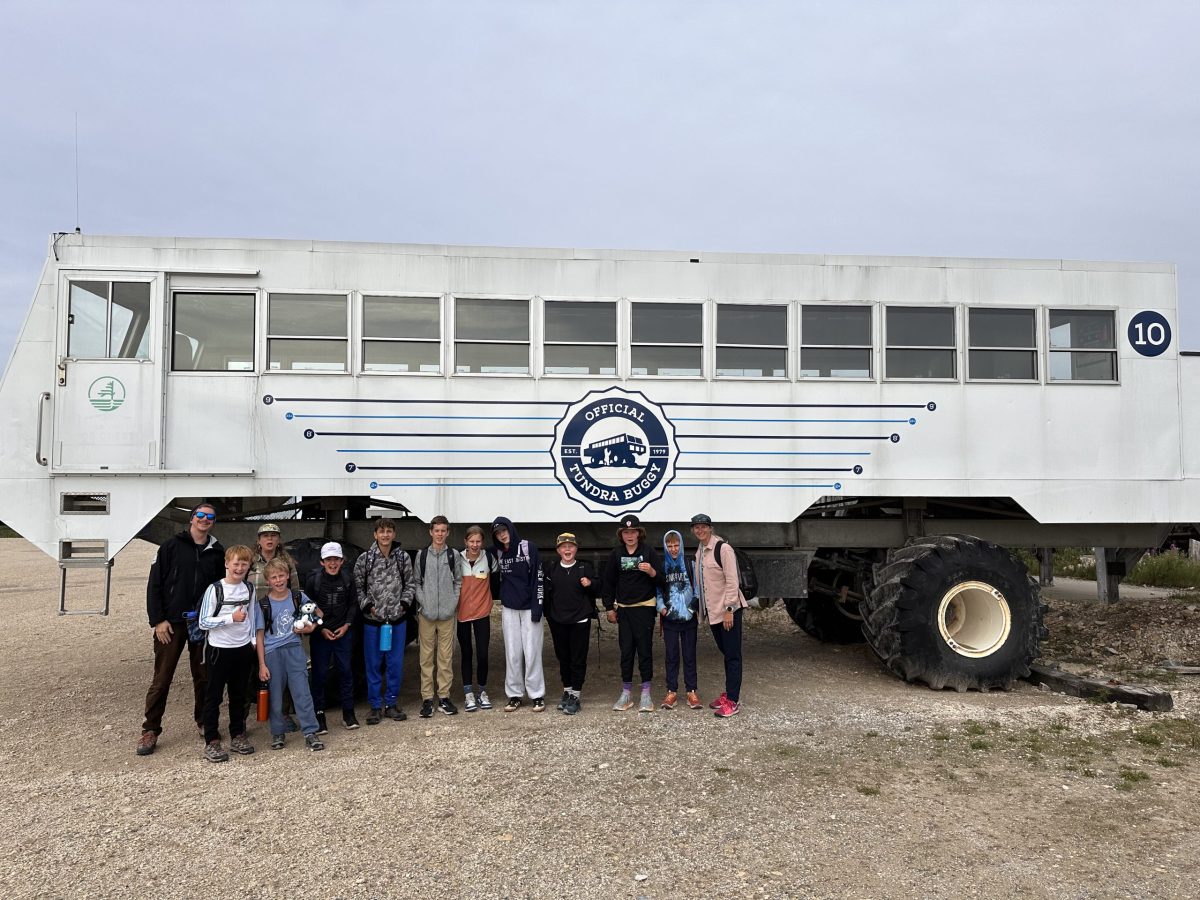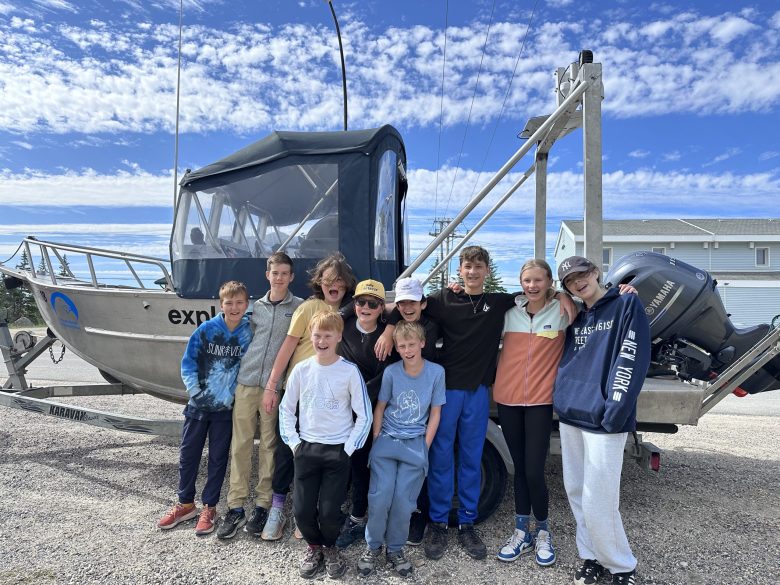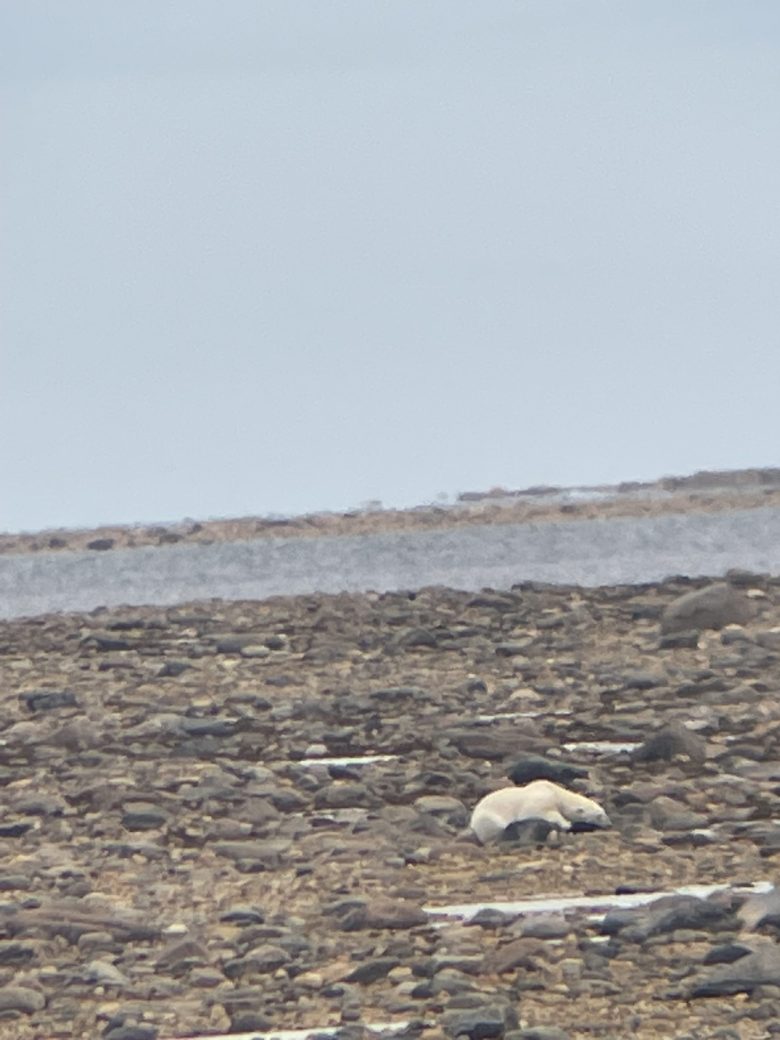Providing students with a real-world science experience, Jamie Madore and Andrea Hoppe channel the energy of The Magic School Bus with their company, The Traveling Classroom. The pair took a group of 10 Park City Middle School students to Churchill Manitoba, Canada, this summer to study Beluga whales and experience their learnings from the classroom in real life.
Madore and Hoppe are teachers at the Park City Day School, which is a major part of what led to them creating this program. The idea for the camp came up while the two thought about ways to expand the curriculum for their students, eighth graders in particular.
“We were looking at ways to create an amazing adventure for them in eighth grade that they would look forward to, and also trying to connect it to their science curriculum,” said Hoppe.
Knowing that the eighth-grade science curriculum has a large focus on climate change, the idea of going to the subarctic to see polar bears came up as an opportunity to show students a clear example of global climate change and the impact it is having on these animals.
The teachers got to work and planned what this program might look like, the logistics and the experience it would provide to the students. They formed a connection with Frontiers North, a company that runs polar bear excursions in Churchill, Canada. Frontiers North had also been looking to expand beyond tourism to school groups and education, so they were open to figuring something out, and the partnership fell right into place.
Ultimately, due to several factors, it became clear that this new program would not fit into the school’s current Outdoor Education program or school year.
“It’s a huge amount of travel. It’s a big expense,” Hoppe said. “The polar bears migrate during a certain time, and you can’t change that. You show up when they’re there — that’s what dictates it. So the timing was hard as far as the school year goes, and there were just a lot of barriers to make it a really good program.”
Although the program didn’t end up working with the school’s schedule, Madore and Hoppe still felt strongly about finding a way to make it work.
Hoppe had an opportunity to go to Churchill to decide whether the idea was worth continuing to pursue. It was her first time in this remote part of the world that has no direct road access. Aside from being known as the Polar Bear capital of the world, Churchill Manitoba is also known for the large amounts of Belugas that visit the area.
“It’s a guarantee that this is where they go,” said Hoppe. “They go there to calve because it’s safe from Orca whales. They are there with their babies, and for me, it was a very life changing experience. … I knew it was definitely something worth pursuing.”
While on this trip, Hoppe was connected to the Beluga Bits program, a citizen science collaborative research project that provides the opportunity to participate in the classification and identification of beluga whales, which solidified the idea for the summer camp.
Not knowing if the idea would fully pan out or if the community would show any interest in sending their kids on an adventure like this one, they moved forward hoping for the best. Madore and Hoppe created an LLC to be able to collect the proper insurance and have everything they needed to create a safe experience for the future campers. This was an adventure on its own.
“It was a really amazing learning experience for us because neither of us had ever owned a business,” said Madore.
Although the camp is separate from the school, the teachers received enthusiastic support from the Park City Day School community. 10 students, many of whom attend the day school, took part of the Traveling Classroom’s first trip, which took place July 29-Aug. 5.
The eight-day summer camp, named Camp Churchill, consisted of three days at the Park City Day School where the group went over topics in preparation for their trip. They were introduced to the Beluga Bits program and went over what international travel entails, packing lists and more.
“We created some projects for them to do as classroom projects,” said Hoppe. “And then we also did a hiking day where we talked about how you do scientific observations and field journals and make it fun.”
After those first three days, the students departed for Churchill, the arctic port town in Northern Manitoba Canada where they would spend the next five days studying Beluga whales, sighting Polar bears, dog carting and working with local Churchill nonprofit groups.
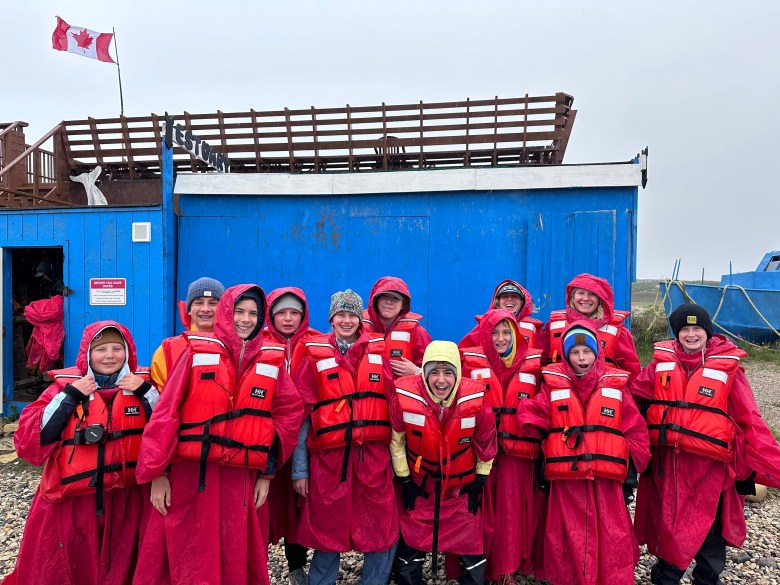
Being in a remote environment, the kids were able to experience something outside of what they know in the Park City community, which the teachers said added value for the students.
”We both feel passionately about exposing students to new situations that bring awareness of ways other people live their lives. That was a big thing for us.” said Madore.
One of the days while the group was out on Zodiac boats, conditions got a little gnarly. There was pelting rain, it was cold and all of the kids were shivering. But they were surrounded by thousands of Beluga whales swimming around them in the water.
“Everybody saw that this was our chance, and we were gonna take it rain and all. We could take a hot shower later,” said Madore. “And we were rewarded by seeing two polar bears swimming about. And the whales were messing with the polar bears. They like to tease them because they know that they’re faster than a polar bear, so they tease them and swim away.”
The teachers expressed how they couldn’t have asked for a better group of students.
“They really represented us well there. I mean, they got a lot of compliments,” said Hoppe. “Their behavior was exceptional, and they were just so curious and interested in what they were learning about, which I think is a product of our outdoor education program that Jamie runs.”
Overall, Manitoba, its landscape and its ecosystem provided an experience for the students beyond what Hoppe and Madore had hoped for. They saw Beluga whales and Polar Bears and even got to see the Northern lights. It was a unique learning experience for their students, something for them to look forward to, and likely an experience they will always remember as they continue their learning journeys.
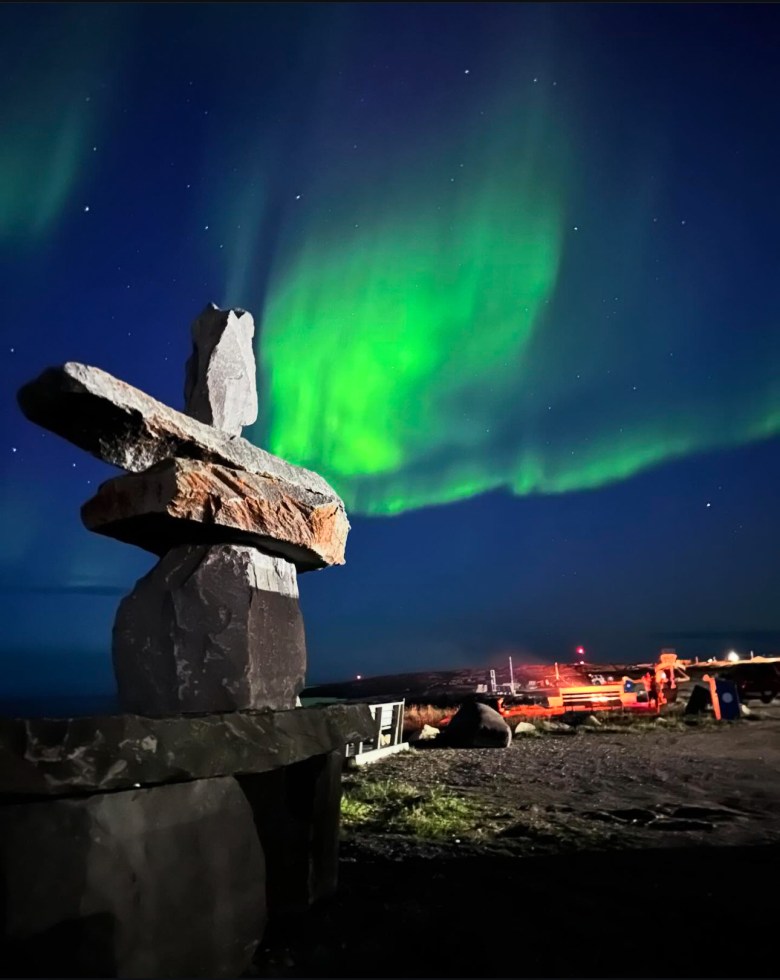
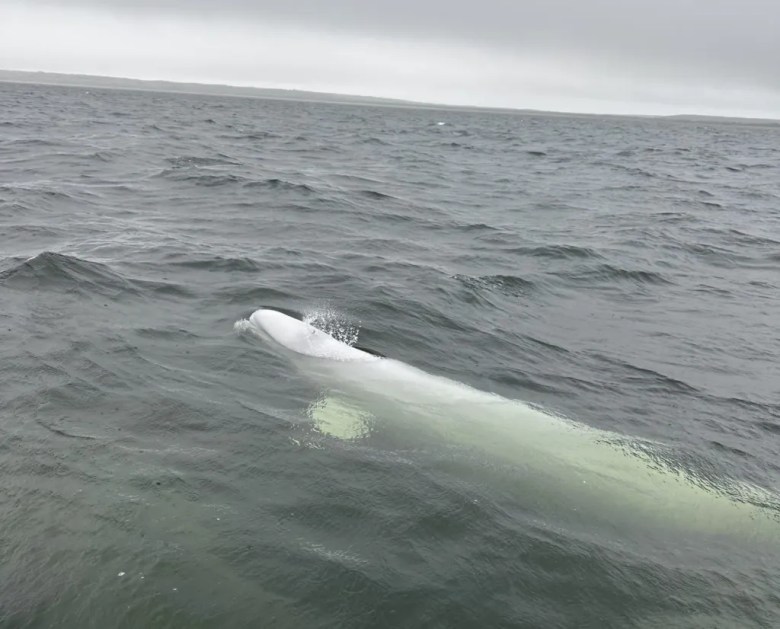
“We know that we’ll run this camp again next summer as it stands now,” said Hoppe. “But I think down the line, there are so many amazing places in the world that we could connect students to that are not vacation destinations and places they may not otherwise get to see.”
Madore and Hoppe encourage anyone interested in having their rising sixth grader to rising eighth grader participate in Camp Churchill to reach out and learn more about the next summer camp.
“If you are a student who is looking to move your learning and education outside of the classroom into a hands-on, real-world experience, this is the program for you.” said Hoppe.
To learn more about The Traveling Classroom and Camp Churchill, reach out directly to campchurchillpc@gmail.com. You can also stay up to date with the latest news from the Traveling Classroom by following them on Instagram @camp_churchill.

